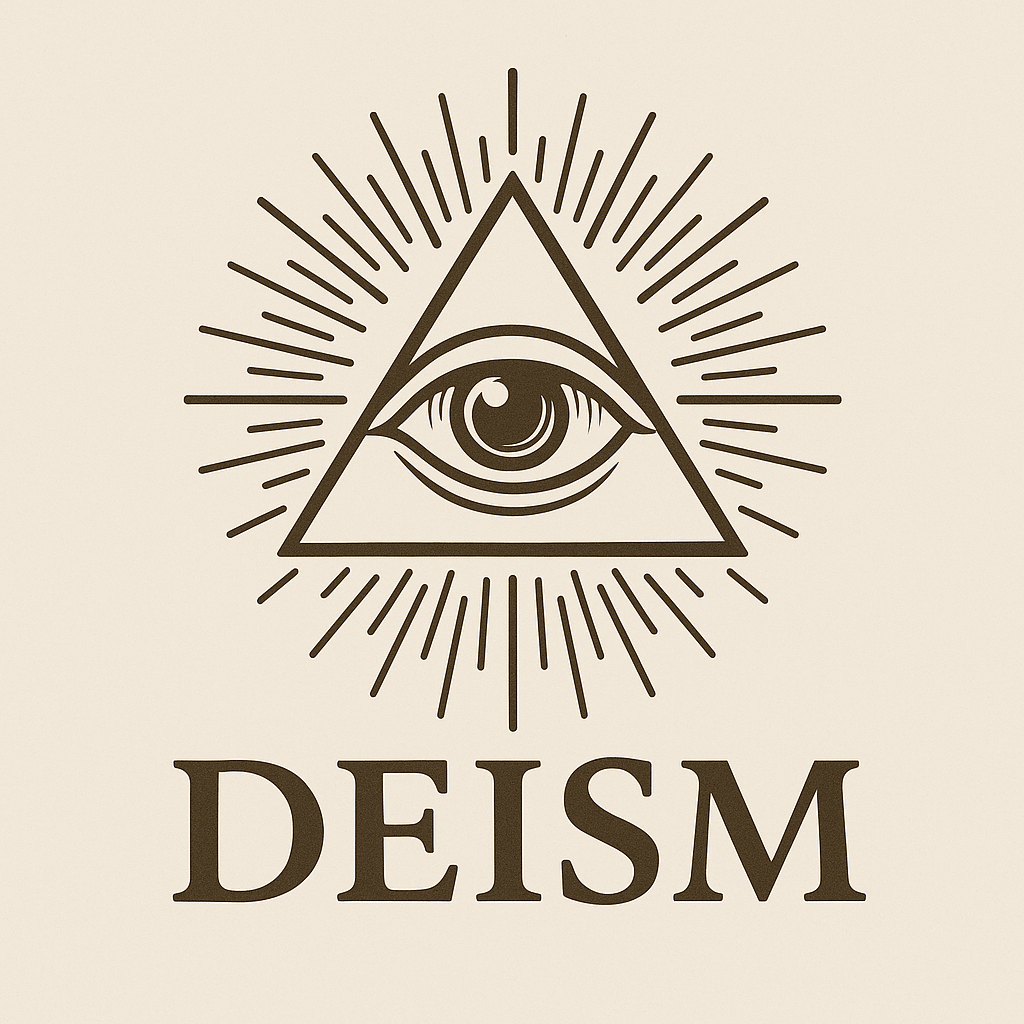June 13, 2025 5:26 PM PDT
A Quick Definition of Deism.
This is a definition of Deism.
Deism is a philosophical and religious perspective that emphasizes belief in a supreme being or creator of the universe based on reason and natural observation, rather than on revealed religious texts or organized religious doctrines. Deists hold that the Creator/God, often referred to as the "Divine Watchmaker," created the universe and established natural laws that govern the world, but does not intervene in human affairs or communicate directly with humanity through prophets, scriptures, or miracles.
Key tenets of Deism include:
1. "Belief in a Supreme Being": Deists believe in the existence of a transcendent, all-powerful Creator/God who created the universe and established the laws of nature. This belief is based on rational reflection on the order and complexity of the natural world.
2. "Natural Religion": Deism emphasizes the idea of "natural religion," which holds that knowledge of the Creator/God and moral truths can be derived from observation of the natural world and the exercise of reason, rather than through divine revelation or religious authority.
3. "Rejecting Supernaturalism": Deists reject supernatural elements such as miracles, prophecies, and divine interventions in human affairs, viewing them as inconsistent with the rational and orderly nature of the universe.
4. "Emphasis on Ethics and Morality": Deism often places a strong emphasis on ethical principles, moral values, and the importance of living a virtuous and responsible life based on reason, conscience, and compassion.
Historically, Deism emerged in the 17th and 18th centuries as a response to the religious and political turmoil of the time, drawing on ideas from Enlightenment philosophy, scientific discoveries, and skepticism towards traditional religious dogmas. Prominent Deist thinkers include figures such as Thomas Paine, Benjamin Franklin, Thomas Jefferson, and Voltaire, who advocated for a rational and naturalistic understanding of the Creator and the universe.
While Deism is not a formally organized religion with specific creeds or rituals (such as the three large Abrahamic religions), it represents a broad philosophical stance that seeks to reconcile faith with reason, spirituality with science, and individual conscience with a belief in a higher power that transcends human understanding.


